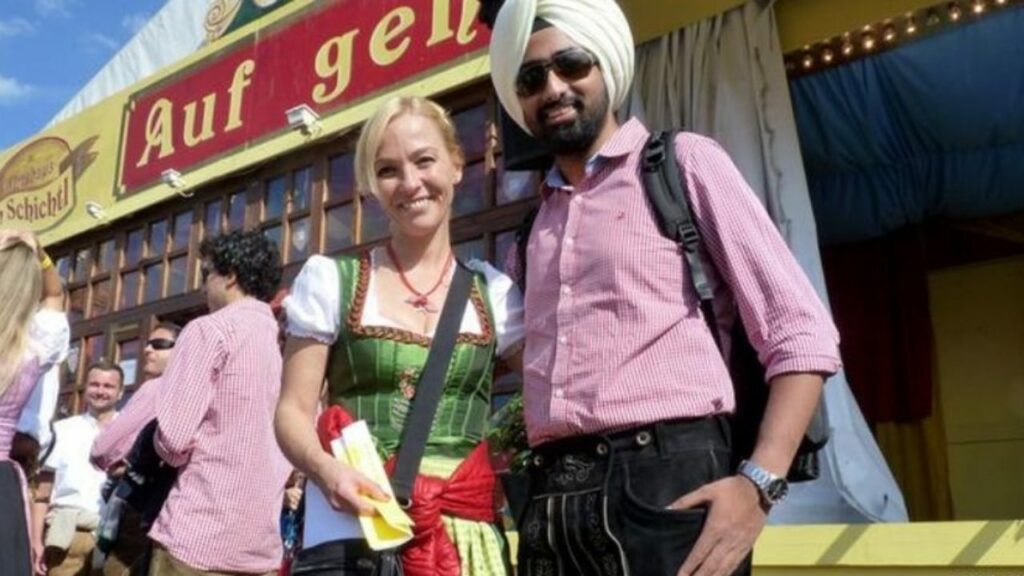Germany Needs 2 Lakh Immigrant Workers In Next 2 Years; Offers Dual-Citizenship, Special Visas
Amid the ongoing geopolitical disturbances in Europe, countries like Germany are increasing their focus on the upliftment of the economy and attracting more skilled workers from around the world to their lands.

To address the growing problem of labour shortage in the country, Germany has even announced to tweak its immigration system and simplify it so that skilled workers from different countries can be attracted in an easier route.
Germany’s Shortage of Skilled Labour
According to the Labour Minister of Germany, Hubertus Heil, the country could potentially face a shortfall of skilled workers by 2026. To be precise, the Minister said that there could be a deficit of about 2.4 lakh skilled workers in another four years.
As a result, the country is opening different avenues for skilled labour across the globe to manage the digitisation of our economy, and its shift towards becoming climate-neutral.
For many businesses, the search for skilled labour is now an existential question, stated Heil.
Major factors for attracting foreign labour include:
- digital transformation of the economy
- the Covid-19 pandemic, and
- impacts of the Russia-Ukraine war.
Skilled Labour Germany Plans to Attract
The country’s government has clarified that they are looking out to attract both academic and vocational skills.
In the ‘Make it in Germany’ YouTube channel, the economics and climate minister, Robert Habeck says, “We welcome people from all over the world.”
This is to target skilled craftspeople, electrical engineers, IT specialists, carers, nurses, catering and hospitality professionals.
More job roles are listed on the government’s website, including physicians and scientists, along with metallurgy workers and builders, cited a Mint report.
In Nov 2021, the country announced its plans to permit dual citizenship for citizens of non-EU countries, which was a first.
Also, as per the new immigration rule, Germany is considering providing dual nationality, including special citizenship status to skilled workers for 3 to 5 years, once they fulfill necessary criteria.

Comments are closed, but trackbacks and pingbacks are open.